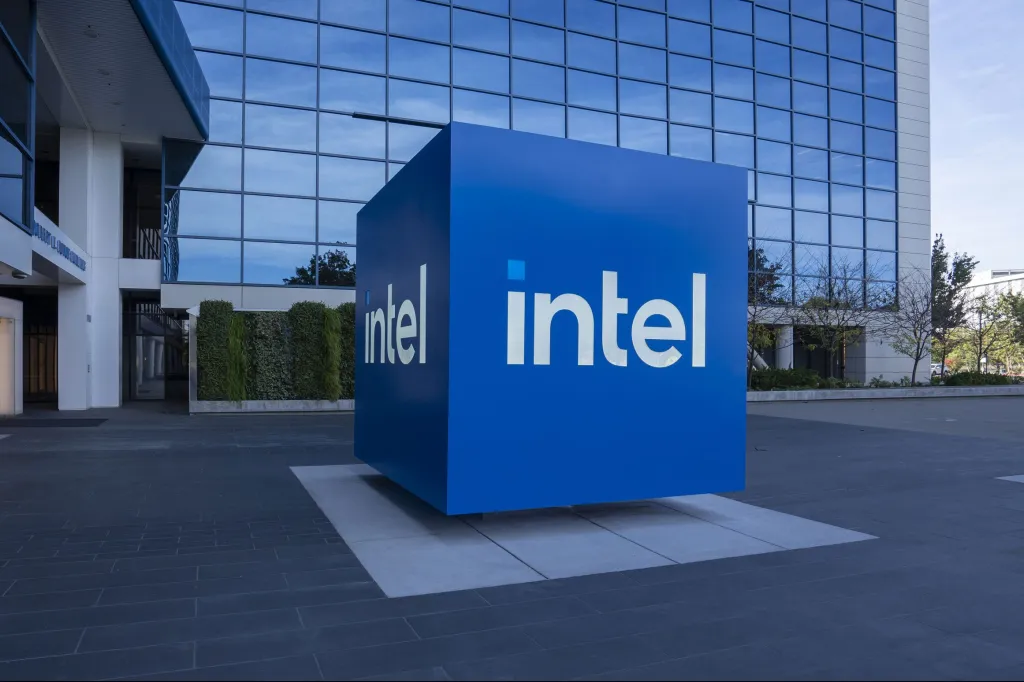The United States government has taken another significant step in revitalizing its domestic semiconductor industry by awarding Intel $5.7 billion in early funding through the CHIPS and Science Act. This funding marks one of the largest investments to date in the Biden administration’s initiative to restore America’s leadership in semiconductor manufacturing, strengthen supply chains, and reduce dependence on foreign chip producers.
The move underscores the importance of semiconductors as the backbone of modern technology, powering everything from smartphones and laptops to artificial intelligence systems, defense equipment, and electric vehicles. For Intel, this funding represents both an opportunity and a responsibility to spearhead the nation’s push toward semiconductor self-sufficiency.
Background of the CHIPS Act
The CHIPS and Science Act, passed in 2022, was designed to address vulnerabilities in global chip supply chains that became apparent during the COVID-19 pandemic. Shortages of critical semiconductors disrupted industries across the globe, from automotive to consumer electronics, revealing the risks of heavy reliance on manufacturing concentrated in East Asia. The Act allocates more than $50 billion in federal incentives to encourage chipmakers to expand U.S.-based facilities, invest in research, and develop a skilled workforce. Intel, as America’s largest chip manufacturer, has emerged as a primary beneficiary, with multiple projects already in development across the country.
Intel’s Role in U.S. Semiconductor Strategy
Intel has long been considered a pillar of America’s technology sector, but in recent years it has faced stiff competition from Asian manufacturers like Taiwan Semiconductor Manufacturing Company (TSMC) and South Korea’s Samsung. These rivals have surpassed Intel in certain areas of advanced chip production, creating concerns about the United States’ ability to maintain a technological edge. The $5.7 billion award is intended to accelerate Intel’s efforts to regain leadership in semiconductor innovation, particularly in producing advanced nodes that are crucial for next-generation computing, artificial intelligence, and defense systems.
Planned Investments and Expansion
With the newly secured funding, Intel is expected to channel resources into its ongoing projects in states like Ohio, Arizona, and Oregon. These include the construction of state-of-the-art fabrication plants, known as fabs, that will be capable of producing the most advanced semiconductors. The projects are not only focused on manufacturing but also on research and development, ensuring that the U.S. remains at the forefront of breakthroughs in chip design and materials. The investments are expected to generate thousands of jobs, both in construction and long-term operations, while also creating opportunities for local suppliers and technology ecosystems.
Strategic Importance of Domestic Manufacturing
The decision to prioritize Intel reflects a broader strategy to ensure that the United States is not overly dependent on external sources for chips, especially given growing geopolitical tensions. Currently, much of the world’s most advanced chip production is concentrated in Taiwan, a region increasingly vulnerable to conflict and instability. By funding Intel’s expansion, the U.S. aims to safeguard critical technologies, reduce exposure to global disruptions, and maintain control over essential components that underpin military and economic strength.
Global Competition and the AI Era
One of the driving forces behind the CHIPS Act is the recognition that semiconductors are central to the ongoing race in artificial intelligence. The ability to design and produce cutting-edge chips determines which nations and companies can lead in AI development. Intel, despite recent struggles, has the infrastructure, workforce, and experience to compete with global leaders if adequately supported. The $5.7 billion infusion is meant to accelerate Intel’s transition into becoming not only a domestic supplier but also a global competitor in the most advanced segments of the industry.
Challenges Facing Intel
Despite the optimism surrounding the funding, Intel still faces significant hurdles. Competitors like TSMC and Samsung continue to dominate the market for the most advanced chips, and catching up will require not only investment but also flawless execution. Intel has previously faced delays in delivering new process technologies, which cost it valuable time and market share. There are also concerns about whether the U.S. can develop a sufficiently skilled workforce fast enough to meet the needs of the new fabs. Moreover, global demand for chips is cyclical, meaning that market downturns could complicate long-term return on investment.
Economic and Job Creation Impact
The CHIPS Act funding is not only about technological advancement but also about economic growth. Intel’s expansion projects are projected to create tens of thousands of jobs, both directly and indirectly. These include highly skilled positions in engineering, operations, and research, as well as thousands of construction jobs during the building phase. Additionally, the growth of semiconductor hubs in states like Ohio and Arizona is expected to boost regional economies, foster new supply chains, and attract complementary businesses ranging from raw material suppliers to advanced software firms.
Broader Industry Implications
Intel’s award is part of a larger trend in which governments around the world are investing heavily in semiconductor capacity. The European Union, South Korea, Japan, and China have all announced similar initiatives to bolster domestic chipmaking capabilities. The U.S. investment in Intel is therefore not only about domestic supply but also about competing in a global race for semiconductor dominance. If successful, Intel’s revitalization could reposition the U.S. as a leader in chipmaking after years of relative decline. However, failure to deliver on these promises could further cement the dominance of Asian producers.
Conclusion
The $5.7 billion in early CHIPS Act funding awarded to Intel is a landmark moment for both the company and the broader U.S. technology sector. It represents a recognition of semiconductors as a critical resource that underpins national security, economic prosperity, and technological leadership. For Intel, the funding is both a lifeline and a challenge—an opportunity to reclaim its place at the forefront of global semiconductor innovation while overcoming past setbacks and fierce competition. For the United States, the investment is part of a broader effort to secure its future in an industry that will define the digital age. The coming years will reveal whether these ambitious projects can truly deliver on their promise and reshape the balance of power in the global semiconductor race.

